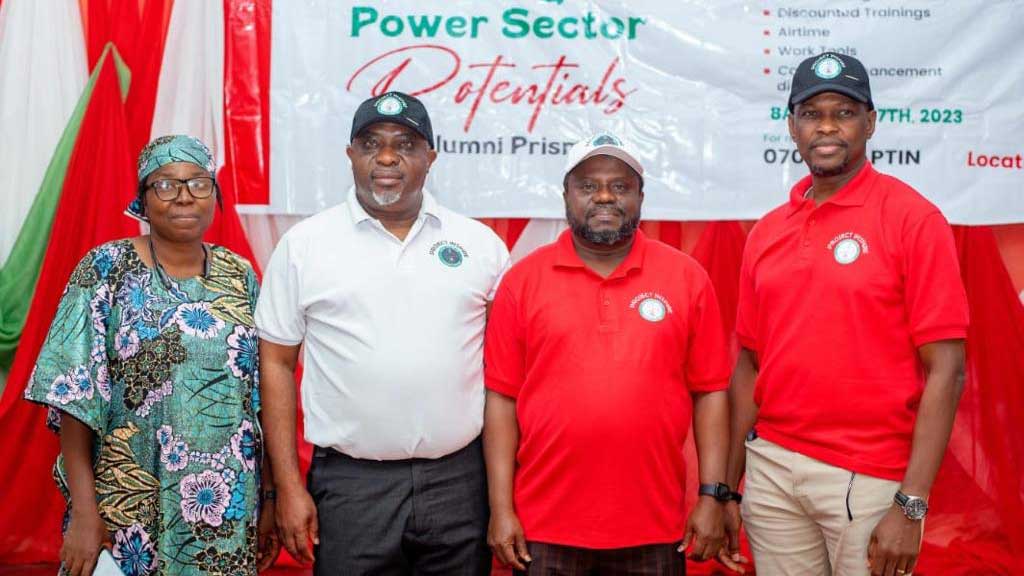
National Power Training Institute of Nigeria (NAPTIN) has begun training of electricity companies across Africa to address capacity gaps and revolutionise energy on the continent.
The Director-General, Ahmed Nagode, said South Africa, Angola, Mozambique, Ghana, Liberia and others had been trained. Speaking yesterday in Abuja at a programme hosted by alumni of the institute, which focused on the need to unlock potentials in Nigeria’s power sector, Nagode advised the incoming administration to consolidate projects and scout for new investors.
He said the move to empower utilities was critical to the African Continental Free Trade Area (AfCFTA), besides foreign exchange generation for Nigeria.
Nagode submitted: “For us, we are working with France to transform vocational training in the power sector. That’s very key because government has seen the need to build skills and provide jobs. The President Muhammadu Buhari administration has done well in that regard. I must admit that there is potential in renewable energy. But there is a big gap in human capital and that’s a source of concern. Government is trying, but we have to do more.
“I must say that the training at NAPTIN is world-class, and we are a centre of excellence in Africa.
“We have trained staff of Malawi and South Africa. We just concluded training for 100 staff of Mozambique electricity industry. We are training staff in Angola and we are starting another in Liberia in the second week of June. We are not only training staff of Nigerian power utilities, but we are also generating foreign exchange for the country because the training we offer outside of Nigeria is paid for in forex.
“We have AFCTA and this is the perfect time to build such skills across the continent.”






